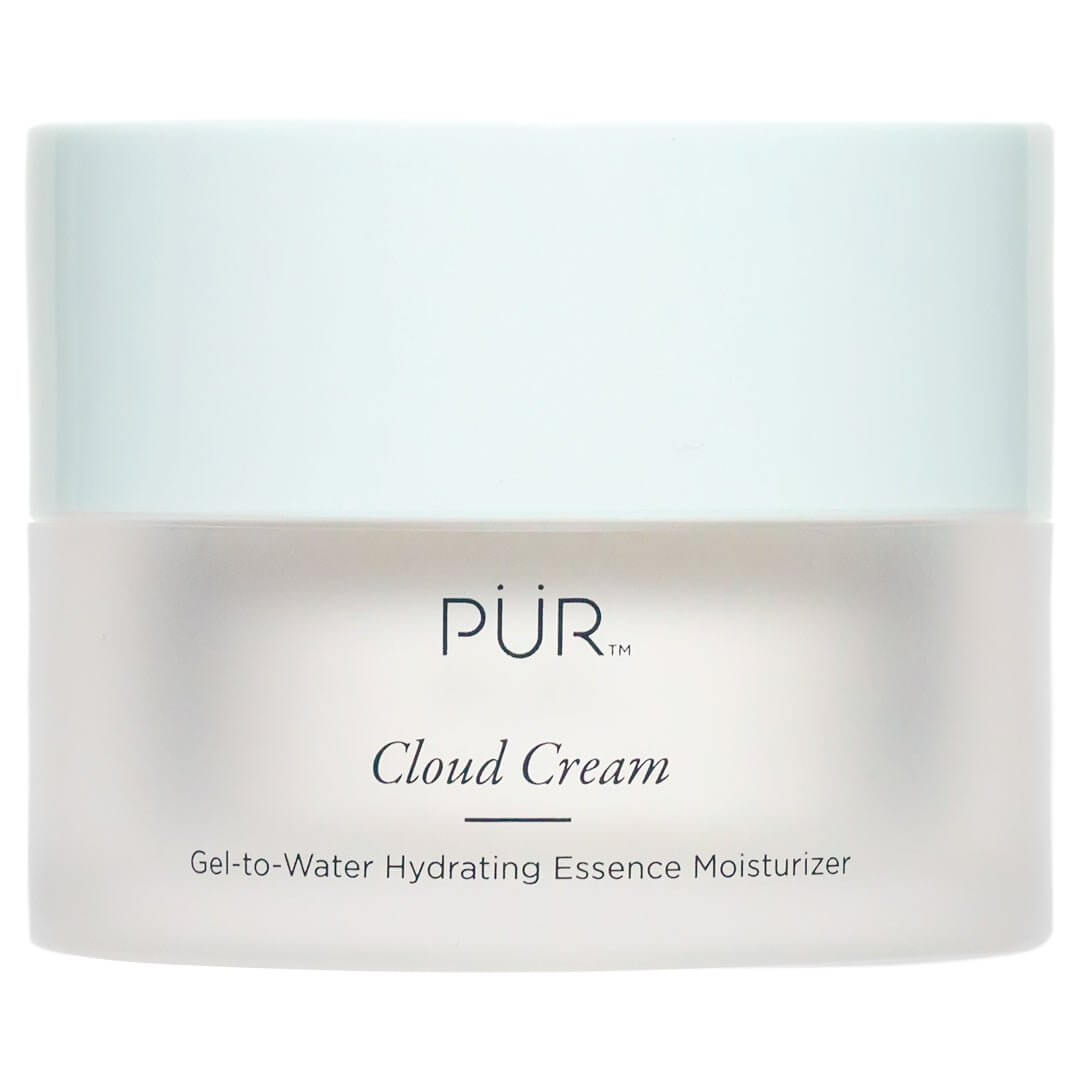Rise by Six: Your Daily Dose of Inspiration
Explore insights and stories that elevate your day.
Moisturizer Mishaps: What’s Really in Your Cream?
Uncover the shocking truth behind your moisturizer! Discover hidden ingredients and avoid costly skincare mistakes. Your skin deserves better!
5 Common Ingredients in Moisturizers That Might Surprise You
When it comes to selecting the right moisturizer for your skin, you may be surprised by the common ingredients that can provide exceptional benefits. One such ingredient is glycerin, a powerful humectant that attracts moisture from the environment into the skin. It's often used in formulations due to its ability to keep skin hydrated without making it greasy. Another unexpected ingredient is aloe vera, which not only soothes irritated skin but also delivers hydration and has anti-inflammatory properties, making it perfect for sensitive skin types.
Additionally, many moisturizers contain hyaluronic acid, which can hold up to 1,000 times its weight in water, offering intense moisture and plumpness to the skin. The inclusion of shea butter is also common; this rich emollient is derived from the nuts of the shea tree and is known for its nourishing and healing properties. Lastly, jojoba oil, which closely resembles sebum (the natural oil produced by our skin), helps to balance oil production and provides lightweight hydration, making it suitable for all skin types.

The Truth Behind ‘Fragrance’ on Your Moisturizer Label
The term ‘Fragrance’ on your moisturizer label can often be misleading. Many consumers assume it refers to natural scents derived from plants or essential oils, but the reality is quite different. In fact, the term ‘Fragrance’ can encompass a wide range of synthetic chemicals, sometimes totaling hundreds of individual ingredients, that are used to create a specific scent without disclosing the exact composition. This lack of transparency raises concerns, particularly for individuals with sensitive skin or those prone to allergies, who may react negatively to undisclosed compounds within these fragrances.
Moreover, the use of ‘Fragrance’ is a key point of contention in the skincare community, as some synthetic fragrances can potentially lead to skin irritation or health issues over time. When shopping for moisturizers, it's crucial for consumers to consider alternative options, such as products labeled as fragrance-free or those that use natural essential oils for scent. By being more informed about the implications of ‘Fragrance’ on product labels, you can make better choices that align with your skin's health and well-being.
Why Your Moisturizer Might Not Be Working: Common Formulation Mistakes
Many people invest in high-quality moisturizers, yet they often find themselves disappointed when their skin fails to improve. One common reason for this issue lies in formulation mistakes. For example, if your moisturizer contains a high percentage of alcohol, it can strip the skin of its natural oils, leading to increased dryness instead of the hydration you seek. Additionally, some formulations may include irritating ingredients like fragrances or harsh exfoliants that can disrupt the skin barrier, resulting in redness and sensitivity.
Another formulation mistake occurs when moisturizers are not properly matched to your skin type. Oily skin types may find traditional cream-based moisturizers too heavy, leading to clogged pores and breakouts, while those with dry skin may require thicker, occlusive products that offer more hydration. It's essential to read labels and choose products that align with your skin's unique needs. Consider looking for key ingredients like hyaluronic acid and ceramides for effective hydration without compromising your skin's integrity.